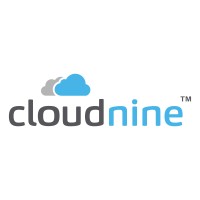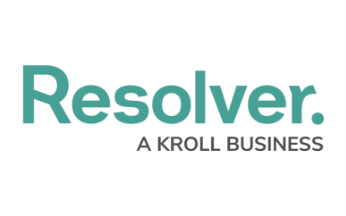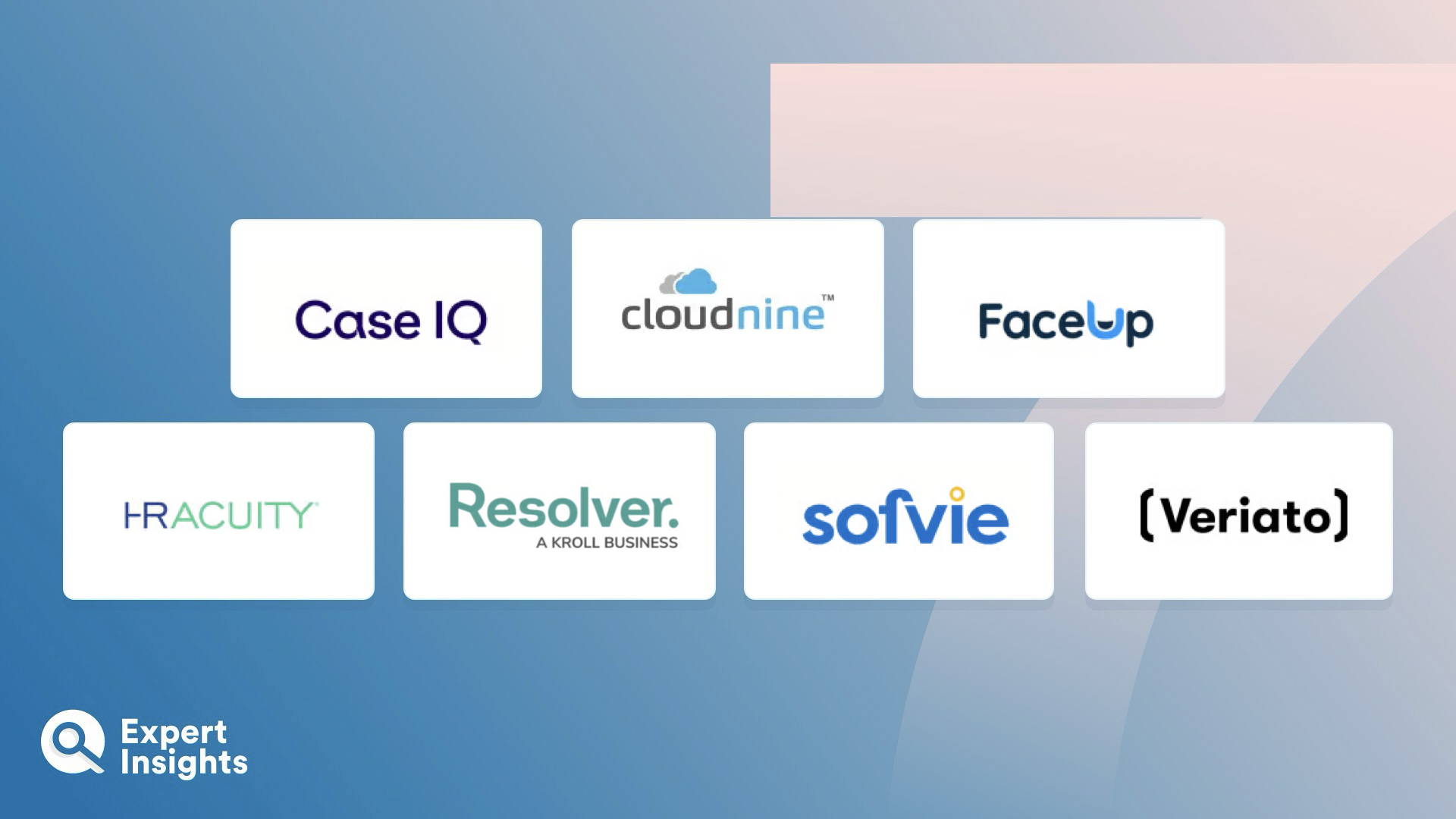Everything You Need To Know About Investigation Management Software (FAQs)
What Is Investigation Management Software?
Investigation management software helps organizations to monitor and manage the activities, processes, people, and information involved in internal investigations, such as instances of fraud, security breaches, accidents, or HR issues like workplace harassment. This includes managing virtual processes and workflows, but also the physical aspects of the investigation such as witnesses and evidence. To achieve this, an investigation management solution should:
- Facilitate secure communication and collaboration between parties involved in the investigation
- Provide a central location from which investigations can be tracked and managed
- Automatically assign investigations and individual tasks based on pre-defined criteria
- Enable users to search for investigations and relevant documents using filters such as incident type, subject, and location
- Provide a central repository of related documents
- Provide a detailed timeline of all events involved in an incident
- Ensure compliant incident management with build-in form templates
Investigation management solutions are most commonly used by HR teams, ethics and compliance officers, legal teams, security teams, and health and safety officers, either as a standalone product or as part of a wider governance, risk, and compliance (GRC) platform. When used standalone, investigation management software is usually integrated with related systems such as HR management, audit management, or legal case management tools, for easier management.
What Are The Benefits Of Investigation Management Software?
Most industries require that certain events—such as safety incident and complaints—are investigated to identify the root cause of the event and take measures to prevent it from happening again. While it’s possible to carry out such an investigation manually, there are a few reasons why your organization should consider investing in an investigation management solution to help.
Firstly, manually monitoring, documenting, correcting, and checking the information involved in an investigation is time-consuming, and if any information is missed then you could be at risk of not getting the whole picture, thus failing to identify the root cause of the event. Investigation management tools make it easier to keep on top of documentation and change management during an investigation, providing more comprehensive visibility.
Secondly, investigation management solutions facilitate smoother and more secure collaboration between different departments involved in the investigation. Storing all case documents in one central location makes it easier for investigation teams to find information, and it means they don’t have to risk sending sensitive data via unsecure channels such as email.
Thirdly, investigation management software can help investigations run more smoothly and efficiently from start to end. They enable users to assign cases and tasks more easily via a central portal; some even assign tasks automatically, based on pre-defined conditions, which saves even more time. They also alert users when they’ve been assigned a new task or when a task is almost due, to help keep streamline workflows and keep everything moving.
Finally, using a web-based investigation management tool enables investigation teams to access documents remotely; they no longer have to carry around multiple documents with them, or worry about losing any information whilst on-the-go.
What Features Should You Look For In Investigation Management Software?
The capabilities offered by investigation management tools may vary, as different tools are designed to meet specific use cases, e.g., to support certain industries or help ensure compliance with certain data protection regulations. However, there are a few key features that any strong investigation management software should offer. These include:
- Integration with other HR tools to automatically create a case each time a compliant or tip is received. The tool should also copy any information from the complaint/tip automatically onto the new case file, to help save time (and mitigate human error) entering details manually.
- Automatic assignment of new cases based on pre-defined criteria such as the number of open investigations there are, or incident type. You should also be able to assign cases manually, but having the option to do it automatically can save you from spending lots of time sorting through investigators’ availability schedules.
- Automatic alerting to notify investigators when they’ve got a new case or task, and when a task is almost due for completion. This helps ensure no tasks slip through the cracks and makes sure that each task is completed in a timely manner, so the investigation stays on schedule.
- Investigation timelines that highlight which tasks have been completed, when they were completed, and by whom. This enables the investigation manager to chase up any tasks that haven’t been completed.
- Compatibility with multiple device types—including mobile devices. Your chosen solution should allow investigators to access and upload investigation documents from anywhere, and on any device. Whilst carrying out the investigation, they may need to travel off-site; by allowing them to upload new documents on-the-go, you can enable the rest of the team to get to work, and also mitigate the risk of the investigator forgetting details or losing documents before they get back to the office.
- Automatic reporting. The best investigation management software automatically generates comprehensive reports that include all the case information and relevant documents. This means that investigators can spend less time compiling paperwork, and more time investigating. While comparing solutions, you should look for one that offers multiple reporting templates, and, specifically, templates that are relevant to your industry and any regulations that you have to comply with. You should also be able to share reports via the platform itself or download them to share via email.
- Central storage of case information. You should be able to access, search, and upload data to a secure, central database of case information. The database should be compatible with multiple file types, and you should be able to link any data that you upload to other related documents.
- Data analysis that helps you quickly identify patterns and trends across incidents to prevent an event from occurring again in the future. Some solutions may also enable you to analyze how effectively your investigation team is working, so you can improve your investigation processes moving forward. These capabilities might include linking newly uploaded information with other documents or cases in the platform’s database, automatic timeline creation, team management analytics, and workload analytics.
- Role-based access to help ensure that only verified, authenticated users can access investigation data and only access the level of data they need to carry out their work. This can help protect the identities of everyone involved in the incident.













